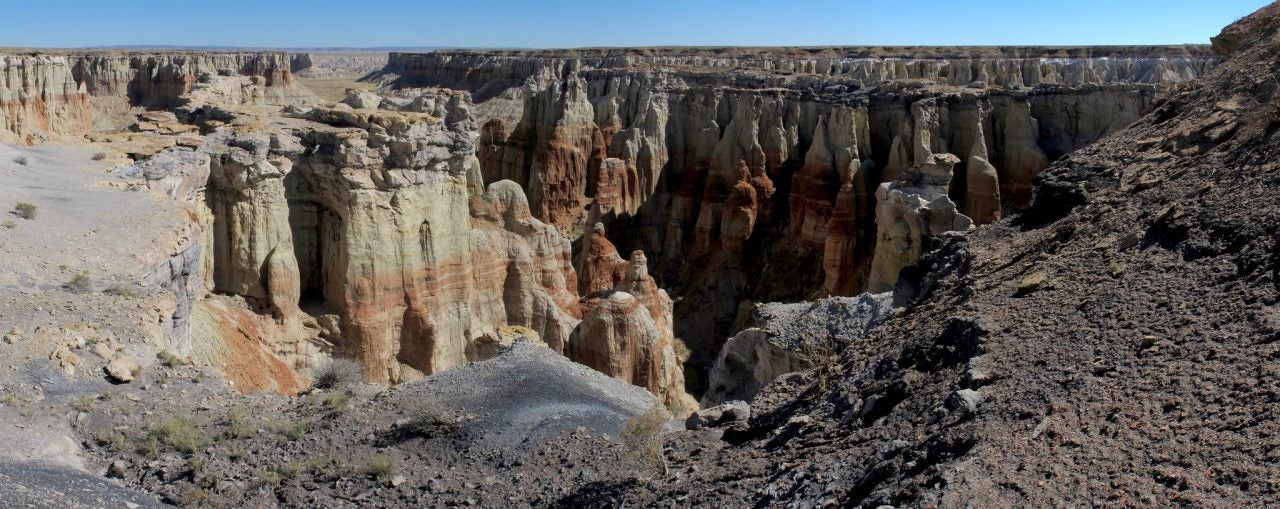
The UK’s first deep coal mine in three decades has been given the go-ahead by Cumbria County Council (CCC).
Woodhouse Colliery is a new underground metallurgical coal mine being developed near Whitehaven, West Cumbria, UK.
The council approval comes despite a UK government requirement to reach net-zero emissions by 2050.
West Cumbria Mining CEO Mark Kirkbride said: “Today marks another very important milestone in our journey to develop a world-class mine in Cumbria and is the culmination of six years of dedication and determination by the WCM team to realise our vision.
“Woodhouse Colliery will bring significant local benefits to Whitehaven, Copeland and Cumbria in terms of jobs and investment, at a critical time given the impacts of Covid-19 upon employment and economics both locally and nationally.”
West Cumbria Mining’s Woodhouse Colliery project has faced opposition from environment groups urging the government to intervene and block the operation.
The environmental groups claim that the new coal mine would emit eight million tonnes of carbon per annum and goes against the UK’s carbon-neutral target.
Under the approved plans, the coal mine will close in 2049, just one year before the country must have net-zero emissions.
Greenpeace UK chief scientist Doug Parr was quoted by Bloomberg as stating: “Some corporations, and some politicians, seem to have interpreted the 2050 net zero target as a license to pollute without restraint until 2049.”
Production at the Woodhouse Colliery is slated to begin in the second half of next year, creating 500 jobs.
UK Labour Party climate change spokesman Matthew Pennycook said: “This project will not help us fight the climate emergency, nor will it provide the long-term job security that Cumbrians deserve as the UK rightly moves toward a green economy.”
The project, involving underground and offshore coal reserves, secured planning approval from Cumbria County Council in March 2019.



